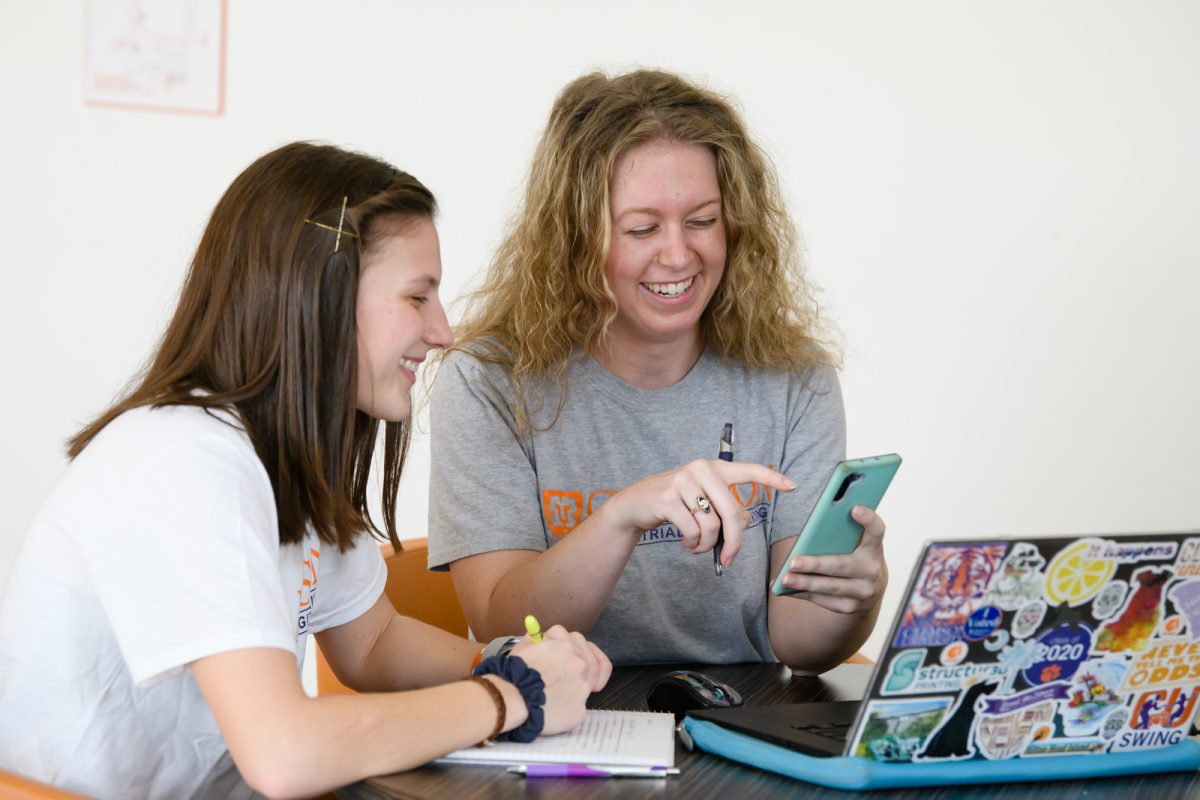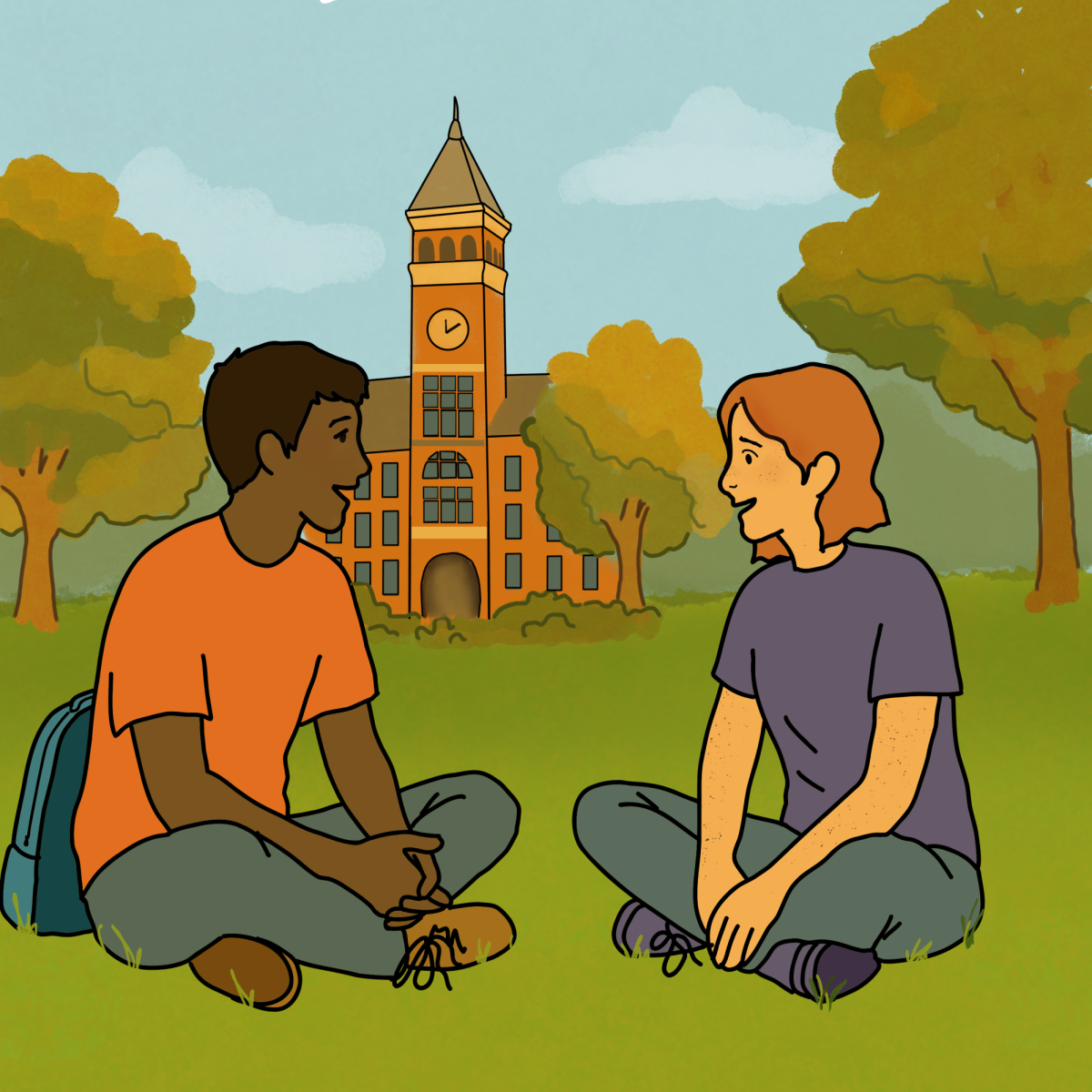We live in a gloriously digital age. We are never more than mere milliseconds away from having solutions and answers at our fingertips. We can see the faces of our loved ones thousands of miles and time zones away.
Before we go somewhere new, we can know the route and have our GPS tell us the way. We can virtually see inside the restaurants we are going to and read their menus. Nothing in our modern world has to be a surprise if we don’t want it to be.
But despite all the good technology is doing, our digital experiences seem to be devaluing our real-life ones.
Our time spent scrolling — often mindlessly — distracts us from tangible things and prevents us from enjoying the world beyond our screen. Our ability to Google basically anything is taking away from our ability to immerse ourselves in the real world.
So many times, a cycle is created and fed by our desire to recreate that happiness felt by double tapping that it turns into numbness. We spend so much time building a following and life inside our digital world that we forget what exists around it.
As fun as it is to have a whole different reality within our phones, it’s not the real world. The real world is built from the relationships and life we live outside of a box that we can hold in our hands.
And it’s not just social media. Having knowledge at our fingertips is hindering us from actually learning things. We feel the need to possess less and less actual knowledge since it is easily accessible. Now, it has become more and more common to simply skim a page than to actually intake and process what information is there.
Technology is even altering our brain chemistry, providing us with hits of dopamine whenever we receive positive social feedback through our phones. The way we now interact with technology is by using our need for social interaction and the “ping” of a new notification to take advantage of our dopamine and keep us coming back for more, according to a study done by Harvard University.
So next time, before you give in to the “Google-ability” of the modern age, remember to look up from the screen and experience the life in front of you — it may surprise you.
Mercedes Dubberly is an assistant TimeOut editor at The Tiger. She is a junior communication and English major from Columbia, South Carolina. You can reach her at [email protected].









